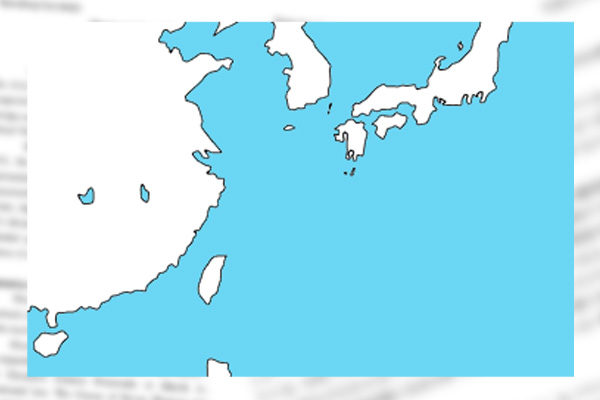It is needless to say that a Taiwan contingency would amount to a Japan contingency. A sense of crisis regarding a probable Taiwan contingency is growing as never before in the United States. Japan’s government and ruling parties have got to share the sense of crisis.
Absent frameworks for Japan-Taiwan coordination
Regarding Japan-Taiwan relations alone, the Japanese government has many things to do in a Taiwan contingency.
Some 25,000 Japanese residents in Taiwan and tourists there will be encouraged to return home when the situation becomes tense. After commercial flights are suspended, however, the government will be responsible for rescuing Japanese nationals and protecting those unable to be rescued. But, even if Japan’s Self-Defense Forces head to Taiwan for rescue operations, there exists no framework for coordination with Taiwan President’s Office or its military forces.
With the Russian military invasion of Ukraine, some 8 million Ukrainians or 20% of the population have evacuated from the country. Twenty percent of Taiwanese population are about 4.6 million. Many Taiwanese without passports aboard boats may drift to Japan’s Yonaguni Island some 110 kilometers from Taiwan and nearby Ishigaki Island. As Japanese people evacuate from these islands, local governments may face difficulties in accepting Taiwanese refugees.
Furthermore, the SDF and Taiwanese forces have no mechanism of information sharing about the movements around Taiwan and Yonaguni Island.
Why has such situation been left untouched? This is because of the 1972 Japan-China joint communique. As Beijing urged Tokyo to recognize “One China” principle, Tokyo offered to “understand” and “respect” Beijing’s stance that Taiwan is part of People’s Republic of China. This means that Tokyo refrained from recognizing Taiwan as part of China but took note of Beijing’s stance. Since then, Japanese government agencies have dared not to have any official exchange with the authorities in Taiwan with which Japan has no diplomatic ties. The restriction still remains today. Can we leave the situation unchanged at a time when the danger of China’s armed unification of Taiwan is being discussed?
Accelerate contingency planning
The survival of a democratic Taiwan serves Japan’s national interests. Furthermore, the problem involves the lives of Japanese nationals. Japan may understand and respect peaceful unification if it is the will of Taiwanese people. On the contrary, an attempt for armed unification against the will of Taiwan overlaps Russia’s military invasion of Ukraine claimed by Russia as part of Russia. Such action would represent an authoritarian aggression against democracy that should not be allowed.
As the likelihood of China’s invasion of Taiwan is increasing, Japan should make preparations for worst cases for national crisis management. Japan’s National Security Strategy and two other security-related documents adopted by the government in December last year showed the direction of protecting Japanese nationals in Taiwan and residents on Japan’s Sakishima Islands including Yonaguni and Ishigaki. It is time for the Japanese government to rush to develop specific measures based on these documents.
The Japanese government and ruling parties should take leadership in enhancing cooperation with Taiwan to protect the lives of Japanese nationals and Japan’s national interests from the brutalities by China identified by the National Security Strategy as “an unprecedented and the greatest strategic challenge.”
Kiyofumi Iwata is a councilor and a Planning Committee member at the Japan Institute for National Fundamentals. Formerly, he served as Chief of Staff of the Japan Ground Self-Defense Force.


